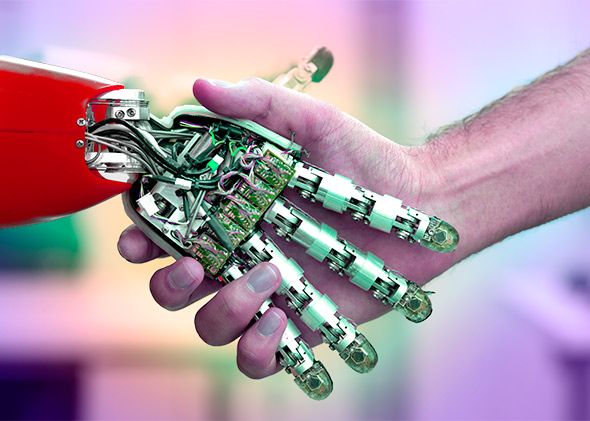Mar 10, 2015
Big Data Helps Find the Achilles Heel of Each Individual Cancer
Posted by Seb in categories: big data, biotech/medical
By Kat McGowan — Nautilus

In January, the pharmaceutical company Roche paid more than a billion dollars to buy about half of a small company called Foundation Medicine. Foundation has not invented any new drugs or life-saving devices. Most insurance companies won’t pay for its main product, and like a lot of biotech companies, it loses money.
The big bucks are for Foundation’s information. Roche, Foundation, and many other cancer researchers now believe that thinking about cancer in terms of data is going to be the way to beat the disease. The deal gives Roche access to Foundation’s database, which holds the DNA sequences of the tumors of 35,000 cancer patients, along with information about what kinds of drugs they were treated with and how good those drugs were at beating back the cancer.
Read more












